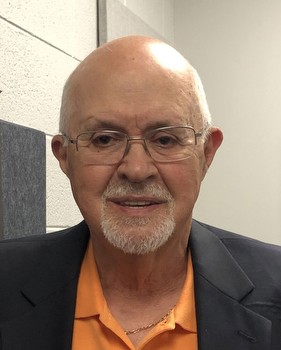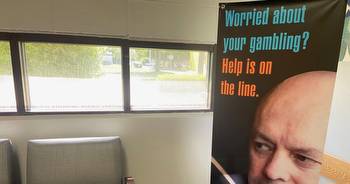State provides online quiz to help gauge risk level for gambling disorder

State provides online quiz to help gauge risk level for gambling disorder
COLUMBUS, Ohio (Statehouse News Bureau) — Ohio’s mental health and addiction services department is calling on people to “Get Set Before You Bet” as part of Responsible Gambling Education Month.
Scott Anderson, problem gambling specialist with the Ohio Department of Mental Health and Addiction Services, said gambling disorder is a unique addiction because it has the ability to offer some type of hope to benefit in some way — although the benefits are fleeting and the odds are stacked against them.
“If someone is trying to get out of an unpleasant financial situation, unpleasant situation, and they feel that, you know, hitting that big jackpot is going to be the answer to all their troubles. And then they get into debt,” said Anderson.
Anderson said it’s important for people who may be struggling with gambling disorder — or their loved ones — to be aware of the warning signs which can look like a loss of control and not being honest about the situation.
“If you’re hiding losses, gambling with money that you should be using for something else, not being completely honest about where you’ve been — time, finances, and things like that,” said Anderson.
The state has created a website to help people gain a better understanding of problem gambling. The site, BeforeYouBet.org, has links to several resources including a quiz to measure a person’s risk level for problem gambling.
The issue of gambling disorder can be especially relevant since September is also National Suicide Prevention Month. As Anderson explained, gambling has one of the highest suicide rates of any disorder.
The mission of preventing suicide took a new step this year with the launch of the 988 phone number for the Suicide and Crisis Lifeline. The three-digit 988 number replaces the lifeline’s previous 10-digit prevention line.
Anderson compares the simplicity of the new number to calling 911, and he adds that people can still call 911 if they are not sure which number would be best.
“The important thing to do is just check on one another. If you haven’t seen somebody in a while, knock on the door. Ask how they are. Ask if they’re okay. You’re not going to cause any further problems by showing concern or asking those questions,” said Anderson.
The 988 Suicide and Crisis Lifeline is a national network of local crisis centers that provides free and confidential emotional support to people in suicidal crisis or emotional distress 24 hours a day, 7 days a week in the United States.

































